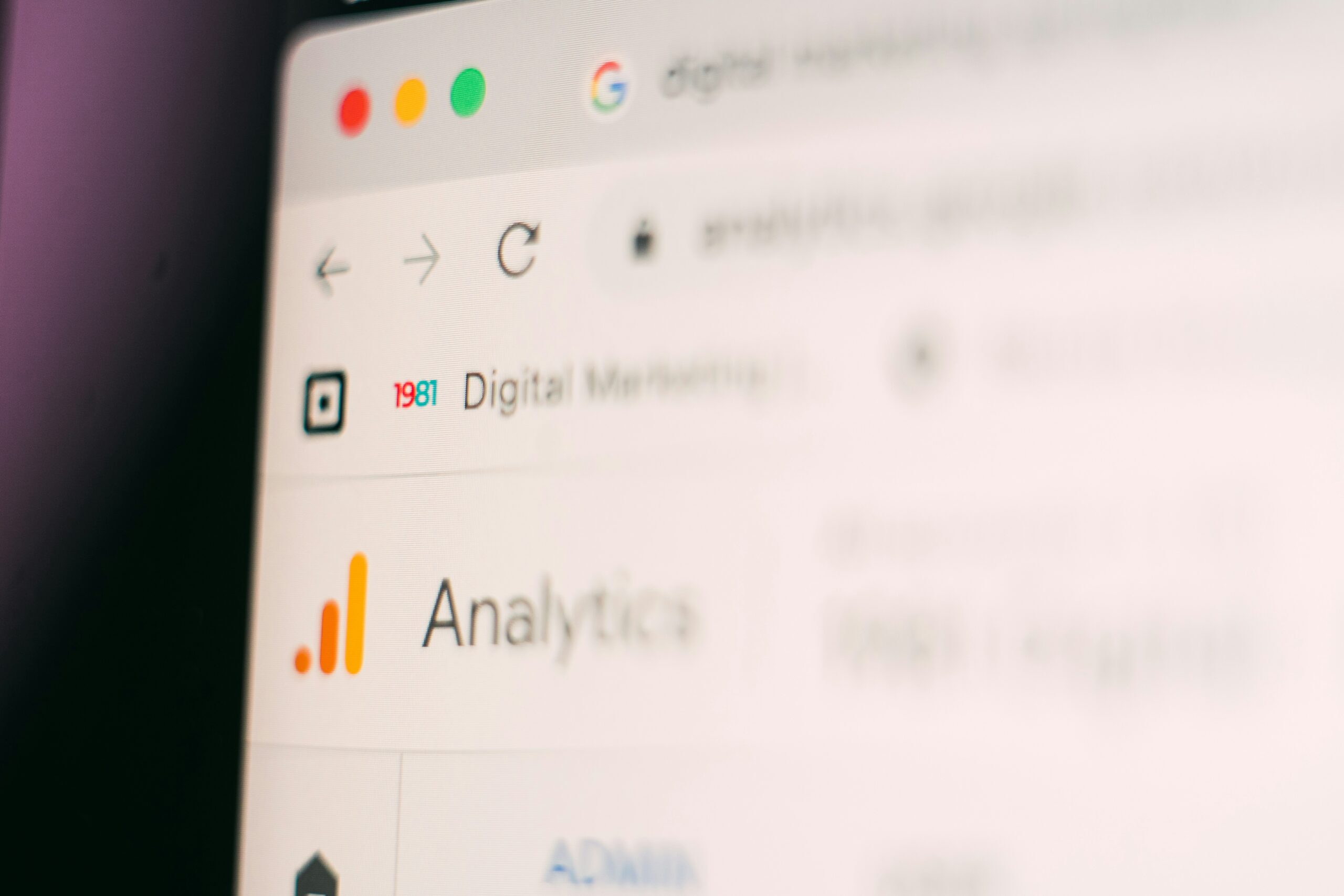
These are the three things you need to know before you start building a website for your business. For context, I’ve tried to build multiple digital businesses, from apps to e-commerce stores, and I also run a freelance web development service (Which is probably why you're here). Along the way, I’ve spent thousands of dollars on plugins, domains, hosting, and outsourced developers, so I know my fair share about the real costs of owning and running a website. The things in this article are the key oversights I made before I invested money.
Before you even think about building a website, you need to be crystal clear on your end goal. Better yet, ask yourself: How does my business actually make money?
Too often, businesses build a website without understanding what purpose it’s supposed to serve. In reality, a website typically falls into one of four categories:
A simple site that explains what you do and provides essential information like your services, contact details, and business story. It works much like a digital business card, giving potential customers confidence that you exist and are legitimate.
A site designed for service-based businesses such as salons, consultants, or clinics. Customers can check your availability, make appointments, and sometimes even pay online, streamlining your operations and reducing admin work.
A full online store where visitors can browse products, add them to a cart, and make secure payments. This type of site often includes inventory management, shipping options, and customer support features to handle sales end-to-end.
A site built to grow and engage an audience around your brand, product, or service. This might include forums, newsletters, or sign-up forms for early access. It’s ideal for building anticipation, validating an idea, or creating loyalty before you fully launch.
The problem I often see is that businesses build a site just for the sake of having one. Later, when they try to expand, they realise the foundation isn’t right. For example, I’ve seen service-based businesses set up e-commerce style websites, only to struggle when they expand operations. Starting with a clear goal saves time, money, and frustration in the long run.
The next step is your brand identity. This doesn’t mean you need a full design system upfront, but you should have the basics: colours, fonts, and a general idea of how you want to be represented online.
Many times, people ask me to build them a website but have no idea about their look and feel. This slows everything down and often costs more because the design stage takes longer. At a minimum, you should have a simple brand guideline before touching any website builder. It helps ensure your site communicates your brand clearly and professionally.
Finally, and this is the most important point, remember that your website is a marketing tool. You can have the fanciest layouts, animations, or plugins, but none of that matters if you don’t know what you’re trying to communicate.
Ask yourself:
To make your marketing effective, your business also needs to be ready to handle conversions. That means when a visitor is convinced, there should be no doubts or friction stopping them from becoming a customer.
Your website does not exist in isolation. To truly work as a marketing tool, it should connect with the systems that keep your business running smoothly. Think about:
When your marketing message is clear and your systems are aligned, your website can move from being just a digital brochure to becoming an engine for growth.
At the end of the day, your website should exist to drive sales, conversions, or awareness. The technical details, such as which plugins to use or which forms to set up, only matter once you’ve nailed down your message and connected it to the right systems.

Useful Links
Resources